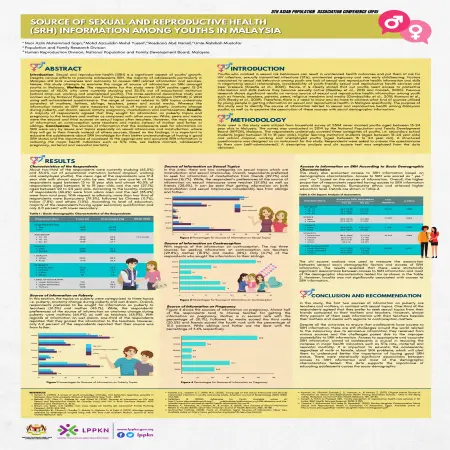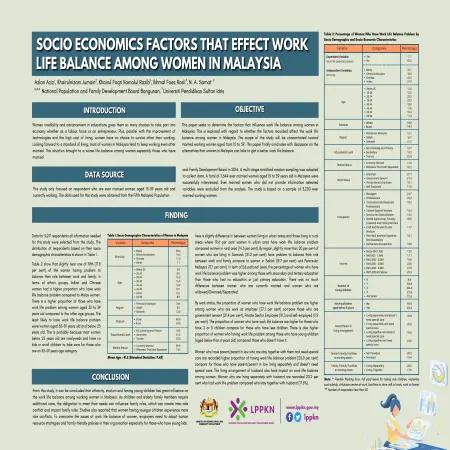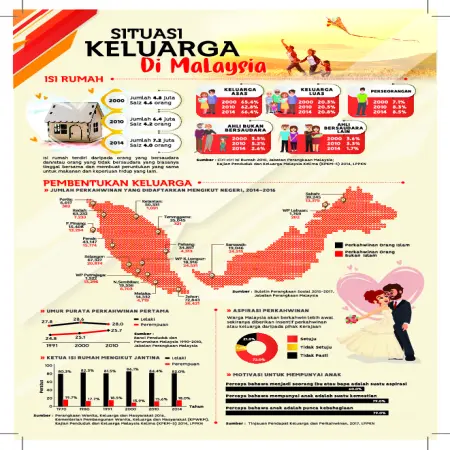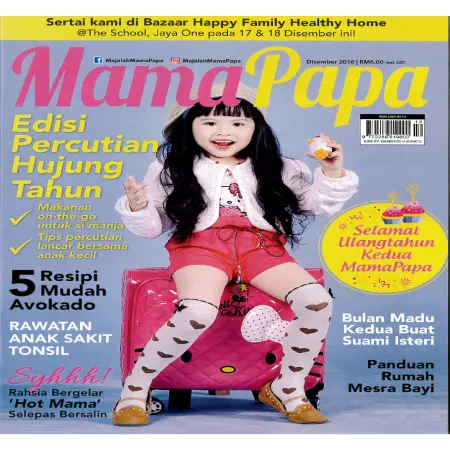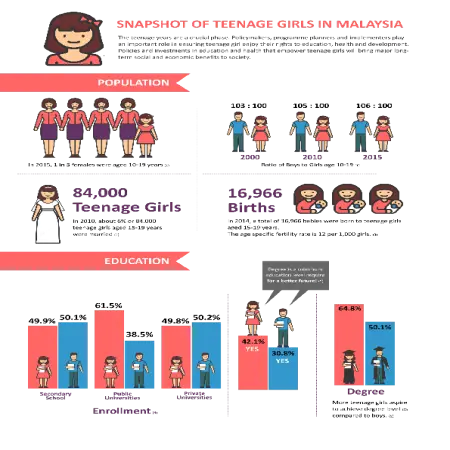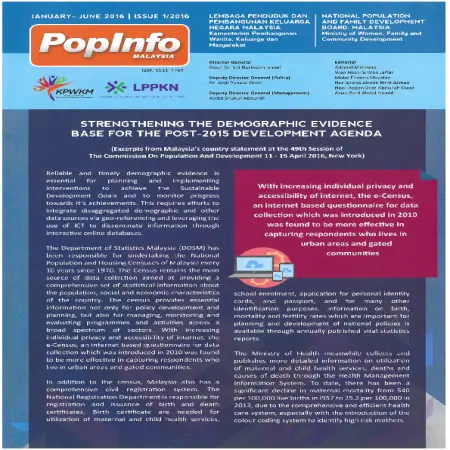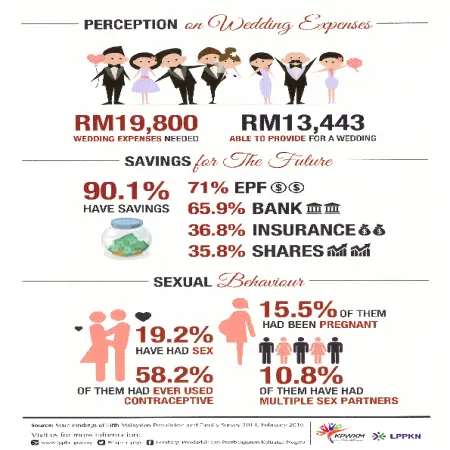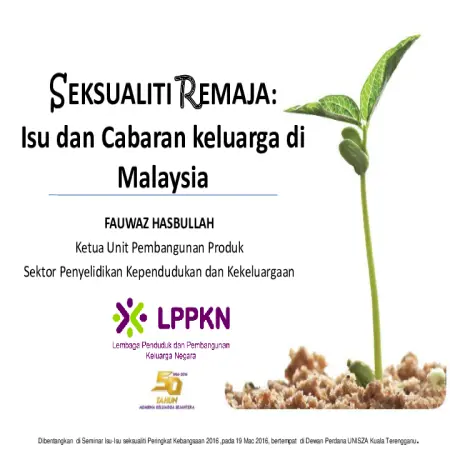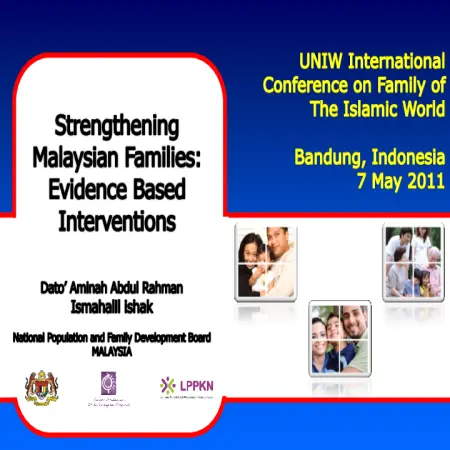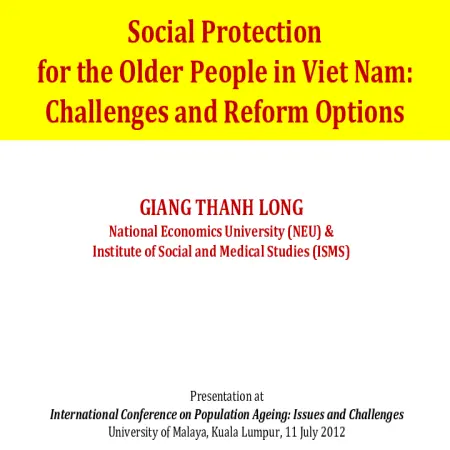Browse by Subject
Results for Search : "305 Social groups"
|
|
Source of sexual and reproductive health (SRH) information among youths in Malaysia
Item Type: Scientific Poster
Editor:
Year: 00/00/2021
Abstract: A majority of respondents agreed that they sought for information on puberty topics and pregnancy to the teachers and mother as compared with other sources. While, peers and media were the second and third sources on sexual topics after teachers. However, the main sources of information on contraception were teachers and media instead of mother and father or siblings.
|
|
|
|
|
|
Socio economics factors that effect work life balance among women in Malaysia
Item Type: Scientific Poster
Editor:
Year: 00/00/2021
Abstract: This paper seeks to determine the factors that influence work life balance among women in Malaysia. This is explored with regard to whether the factors recorded affect the work life balance among women in Malaysia. The scope of the study will be concentrated toward married working women aged from 15 to 59. This paper finally concludes with discussion on the alternatives that women in Malaysia can take to get a better work life balance.
|
|
|
|
|
|
Semarakkan cinta dengan bulan madu
Item Type: Article
Editor:
Year: 00/12/2016
Abstract: The option of having a second honeymoon at a late age of marriage may be something to consider. A second honeymoon is very important for every couple to improve the quality of family life. Couples can talk heart to heart a string of marital life journeys.
|
|
|
|
|
|
Strengthening the demographic evidence base for the post-2015 development agenda
Item Type: Newsletter
Editor:
Year: 01/07/2016
Abstract: In Malaysia, the implementation of the post-2015 development agenda has obtained the highest political commitment at the national level and has continuously involved multi-stakeholders engagement under the 11th Malaysia development plans (2016-2020). Malaysia will also further improve the availability of online interactive databases and access to geo-referenced datasets disaggregated by relevant characteristics such as income, gender, age, ethnicity and disability, to ensure that no one is left behind.
|
|
|
|
|
|
Strengthening Malaysian families: evidence based interventions
Item Type: Conference or Workshop Item
Editor:
Year: 00/00/2012
Abstract: Malaysian families today are facing numerous challenges related to changing family relationships, values, need for work life balance and support systems. Some of these key challenges are as a result of a new family forms, postponement of marriage, declining fertility and effects of inflation on family economic stability. At the same time, the impact of globalization has led to different values accepted by the young. Indeed, the challenges that Malaysian families will be facing in the future will be enormous. Despite changes in the structure, families remain the most basic unit of society and this has led to the formulation of the National Family Policy (NFP). The NFP seeks to increase the family perspective in all socio-economic development design by engaging the public, private and people sectors. The Ministry of Women, Family and Community Development through National Population and Family Development Board (NPFDB), lead the family programme which includes formulation, review as well as getting the commitment of all stakeholders. Current programmes were value added based on knowledge and information from censuses, surveys, opinion polls, local views and assessment of programmes.
|
|
|
|
|
|
Social protection for the older people in Vietnam: challenges and reform options
Item Type: Conference or Workshop Item
Editor:
Year: 00/00/2012
Abstract: This paper aims to argue that the Vietnamese population has been aging more quickly than expected, and as such policies toward an aging population, particularly delivery of social protection services for the aged, should be well-prepared from now in order to have older and wealthier population in the coming decades. The paper shows that the social protection schemes in Viet Nam, especially pensions and social allowances, have expanded and reached various groups of old-age persons and played an important role in reducing old-age poverty. Yet, there have remained a number of challenges that will substantially influence the current system in term of financial sustainability and generational equity. For the pension scheme, the paper argues that the current setting will not be financially stable and generational equity and as such it should be transformed toward a new setting. For the social allowances, a universal cash transfer program for older people would be influential and cost-saving in terms of poverty reduction.
|
|
|
|





